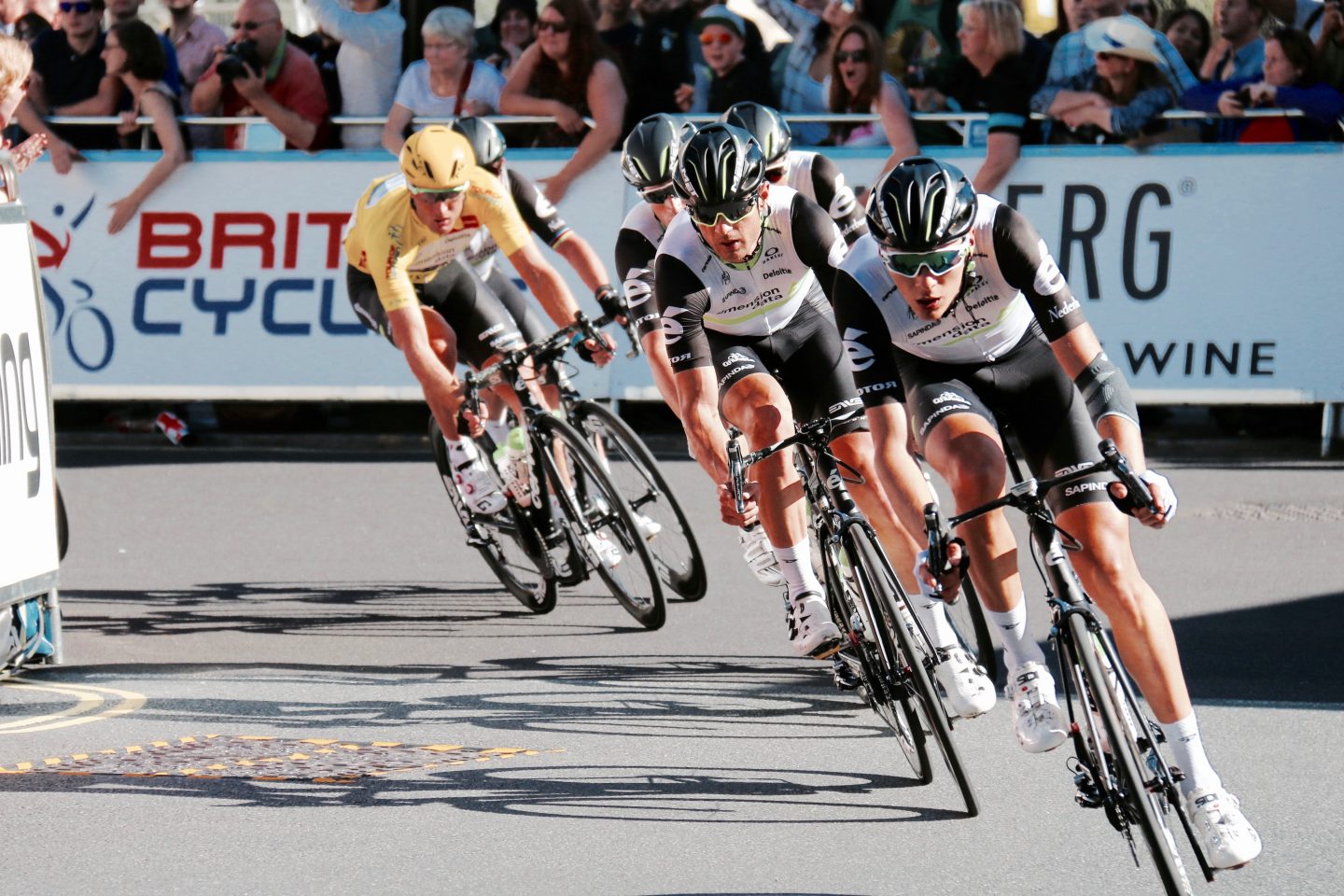Elite athletes use a lot more than natural born talent to achieve personal bests. The best part is many of the strategies they rely on for success are just as useful for amateur athletes.
Even though elite athletes may make winning performances look easy, there’s a lot more to success on the field, track or court than pure talent. From strict training regimes to controlled diets and an obsession with statistics, elite athletes use a heap of scientific strategies to help them improve performance. You may not aspire to win an Olympic gold medal, but many of the practices that aid elite athletes can also help amateurs do better at the gym, on the field or during a fun run.
Be accountable
In the elite world a key focus is accountability of athletes. Sporting organisations encourage a culture of accountability where athletes are accountable to themselves, their teammates, their coaches and all of the other people at their club.
For amateur athletes or people just starting out, holding yourself accountable to someone else can help to keep you on track to achieve your goals. In fact, research has found that people are more successful in taking up healthy habits like exercising if their partner makes positive changes too. Commit to a weekly walk or run with a friend, join a team or sign up for a gym membership with your partner or a friend.
Collect data
When the difference between winning and losing can be mere seconds, elite athletes must study their bodies and performance in great detail to identify areas for improvement. As such, everything is recorded and monitored, from sleep patterns to heart rate variability and what athletes eat at every meal of every day.
Thanks to the advent of wearable technology – smartphone apps, smart watches, wristbands – it’s easier and cheaper than ever for amateurs to focus on the details and identify key areas for improvement. Monitor your incidental activity, how many steps you take each day and your heart rate when you exercise, and keep track of your meals and sleep.
Compete don’t complete
Elite athletes don’t just complete a training session or go to the gym and do a class and tick it off. They compete in every training session. They compete with themselves through data they collect and they compete with their teammates or classmates – even if winning isn’t the goal.
Amateurs too can compete rather than complete to help improve performance. If you participate in an annual 5km fun run, compete with your previous results and with other runners. At the gym, approach spin class like a race or aim to beat your previous session’s results on the treadmill.
Stick to a routine
Sportspeople are well-known for quirky rituals intended to calm the mind and improve performance – like bouncing the ball 10 times before serving a tennis ball or pulling up socks before kicking for goal – and it turns out there’s a lot more to it than superstition. These simple routines help to focus the mind and improve performance.
The same goes for amateurs trying to juggle training sessions with work and family life.
You’re racing to a training session or you’ve gotten up early – how do you turn yourself on mentally and get yourself in a performance state so you can get the best out of that training session despite having pulled a 10-hour day at work or having got only five hours’ sleep?
Simple routines like listening to high-energy music on the way to your training session or wearing a pair of runners that you only wear to exercise can help switch your mind to exercise mode.
Set aside time for recovery
There’s more to physical performance than exercise and diet. One of the key aspects of performance that’s really important for elite athletes and just as relevant for the average person is recovery. When you push your body you’ll get the most out of your performance by optimising recovery – physically and mentally.
Stretching, massage and getting a good night’s sleep can help your body to recover after a workout. Mental recovery helps your body come down after the endorphin high and nod off to sleep at night. In this day and age where we don’t put our phones down, it’s important to step away from technology and tune into your body to aid relaxation and recovery.
This article was originally written by Tracey Veivers-Brown and appeared on Psychlopaedia on July 4, 2016. You can read the full article on Psychlopaedia.



Leave a Reply